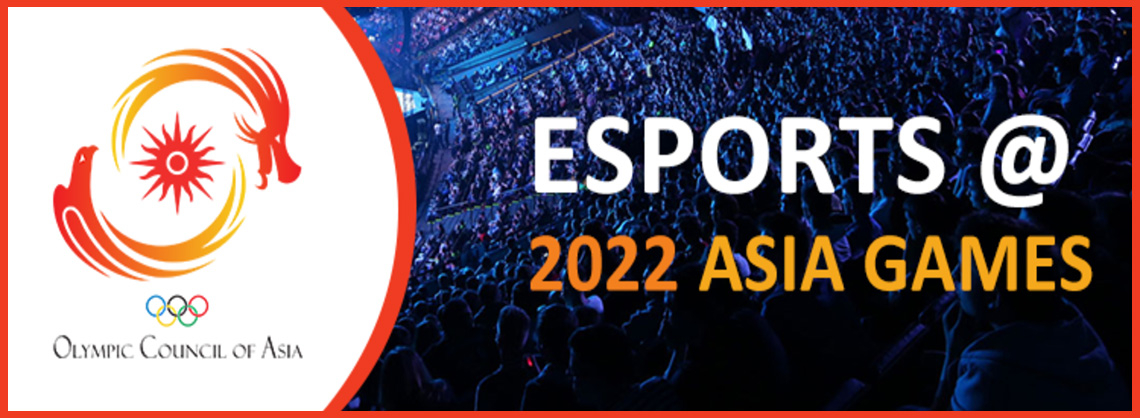
Related Stories
In late April it was announced that Esports is to become a medal sport in the Asian Games of 2022. This was followed by a strategic partnership between Alisports (the Esports arm in the e-commerce organization called Alibaba) and the Olympic Council of Asia (OCA).
Esports is due also to feature in the 2017 Asian Indoor and Martial Arts Games (AIMAG). This event will take place in Turkmenistan this September, where the games being included are Fifa 2017, Real Time Attack and Multiplayer Online Battle Arena.
Approximately 25 years after the first Nintendo World Championships of 1990, gaming has become a monumental industry as well as a career opportunity for gamers with natural talent. These gamers can earn up to a million dollars per annum. The industry is growing vastly, so much so that sports clubs are also getting into the action.
West Ham United will become the first club in the UK to sign an Esports gamer to represent them in Fifa videogame tournaments. Sean Allen, who is also known by his gaming alias, Dragonn, was signed with the squad number 50 and wears the club’s shirt at gaming events.
Predictably, the inclusion of Esports within the Asian Games provoked substantial debate and led to many questioning whether Esports will be included in the Olympics. This is so because Esports is a sedentary activity which sparks the debate of it being a sport at all. The only activity required in Esports is ‘thumb twiddling’ but so does Bridge, which is classified as a sport.
The ruling by the high court agreed that the mere absence of physical activity in Bridge precluded it from distributing sport funding. On the other hand, gamers who excel in their field point out that they train up to 15 hours a day and cohere to a strict dietary regime. Many of the biggest professional games like Counter Strike and League of Legends require alarming strategic teamwork and skills.
Coming back to how Esports were included in Olympics, the International Olympic Committee (IOC) President Thomas Bach had a different opinion. He first agreed that some of the games included in Esports are contrary to Olympic rules and its values. Bach agreed however that Esports has high engagement from youth all over the world. He also went on to say that this initiative will be a valuable test for the sheer amount of engagement it attracts and Olympic rules and values will have to be implemented and monitored.
Setting aside all technical arguments as to whether Esports are in the strata of sports, the very commercial promise it poses is undeniable. Potentially great financial and cultural values will be pulled into the sports industry and Esports will be the driver in order to merge effectively with traditional sport.
As Thomas Bach suggested earlier, the Asian Games will be an interesting test case in September, to provide for whether Esports will be watched with great interest; and successfully fade the clearly dividing line between traditional and analogous sport.
